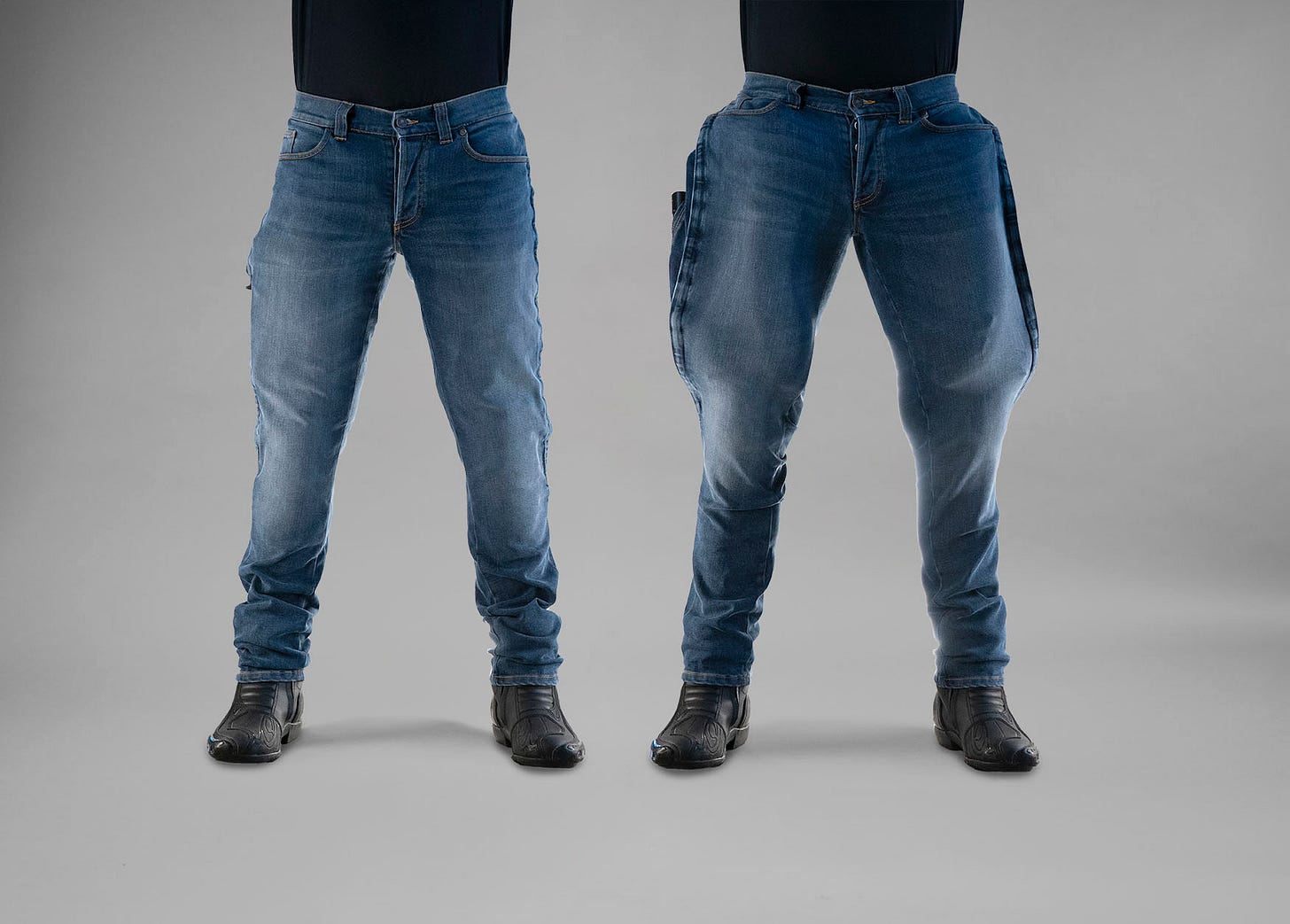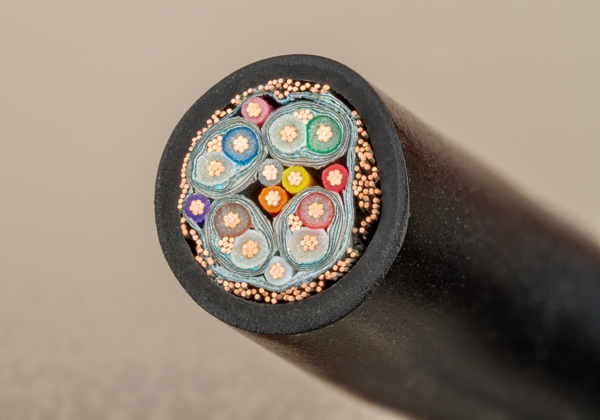Welcome back to Digital Exhaust, a 33c weekly digest. Poke around below the blue button for the most interesting links, rumors and ephemera coursing through the ether. As usual, the letter has a healthtech focus with attention to the human beings that use it. Enjoy.
Hand over your invisible patients
I loved this short editorial in the British Medical Journal from Matt Morgan. He sheds light on the parts of patient care that are invisible to most folks.
As in life, context is everything. Yet the forward looking, brief nature of handover can ignore the full history. Important details can be lost. I wonder whether we should hand over the patients who aren’t there, or the procedures that are no longer needed? Would starting a handover with history perhaps help explain the present?
NEJM AI
The New England Journal of Medicine is launching an AI journal. NEJM AI will be an interdisciplinary journal facilitating dialogue among stakeholders invested in using AI to transform medicine.
Apple Watch says I have sugar
Apple is working on noninvasive blood glucose monitoring technology, according to MacRumors. Apple wants to allow diabetics and others to test their blood glucose levels without needing to prick the skin for blood testing.
Burnout as a fledgling cottage industry
Healthcare systems that are beating the crap out of their doctors can now hire The Chartis Group “to tackle clinician burnout and manage the demands on the workforce, improving quality and safety, job retention and provider experience.”
When burnout consultants materialize, you know there’s a problem.
DocsGPT
In their own efforts to stem burnout, Doximity is offering its own version of chatGPT that allows docs to generate prior auth letters and the like. The hope is that generative AI could help streamline administrative tasks for all of us.
I’ll give this a test run and follow up with y’all.
Most primary care visits don’t need in-person follow up
Epic research evaluated 18,636,522 primary care telehealth visits and looked at whether an in-person follow-up visit in the same primary care specialty occurred within the next three months. They found that 61% of the time a patient did not have an in-person follow-up in the same specialty as their initial telehealth visit.
Epic research is crazy given the sheer numbers they can work with.
Telemedicine makes medicine go too fast
Interesting long-form NYT piece on telemedicine’s growing ketamine industry.
Patients “can now pursue a treatment course not approved by the F.D.A., taking forms of the drug that are also not approved, produced by companies operating largely outside the agency’s oversight — all without comprehensive monitoring.”
The problem here is that we haven’t figured out what parts of health care should be transactional, like buying dish detergent on Amazon, and what needs to be done slower and more methodically.
I’ll guess I’m not the first to suggest this isn’t going to end well.
Airbag blue jeans
Over the last 10 years, deaths due to motorcycle accidents have increased 20%. To counter this scourge of public health, Swedish company Mo’cycle announced the world’s first airbag jeans which offer protection for a cyclists’ lower body on impact.
After 2022 the world will never be the same
Thanks to AI and digital deepfakes, it’s significantly easier to create and spread stories that never happened. Great quick take on the new world order from Seth Godin.
The ease with which someone can invent and spread lies is going to take most of us by surprise. It’s going to require an entirely new posture for understanding the world around us.
Human composting
Turning yourself into fertilizer is the latest trend in after-death care.
When Howard Fischer eventually dies, he is going to be composted in Seattle. He’ll be wrapped in cloth, placed on a bed of wood chips, and then his family will cover him in alfalfa and flowers. After a ceremony, his body will go into a hexagonal vessel with an internal structure similar to that of a honeycomb, where it will be carefully monitored over the course of five to seven weeks as it transforms into a cubic yard of soil.
I’m all for an environmentally friendly transition, but I’m trying to envision my wife and kids in the back yard covering me in wood chips and manure.
The unprecedented change in the human condition
Management guru Peter Drucker dropped this quote a long time ago. But it resonates with me. I’m increasingly obsessed with how we’re all changing.
In a few hundred years, when the history of our time will be written from a long-term perspective, it is likely that the most important event historians will see is not technology, not the Internet, not e-commerce. It is an unprecedented change in the human condition. For the first time - literally - substantial and rapidly growing numbers of people have choices. For the first time, they will have to manage themselves. And society is totally unprepared for it. — Peter Drucker
Am I the only person who thinks about this stuff?
Open Circuits
Delightful. A new book that finds the beauty in electronics.
Open Circuits is a photographic exploration of the beautiful design inside everyday electronics. Its stunning cross-section photography unlocks a hidden world full of elegance, subtle complexity, and wonder.
As always, thanks for tuning in. If you liked this please pass it along to someone you love. Have a great week.





Super stuff! I suspect I may be getting Open Circuits for my birthday next month. I love the publisher's name, "No Starch Press" (the finest in geek entertainment).